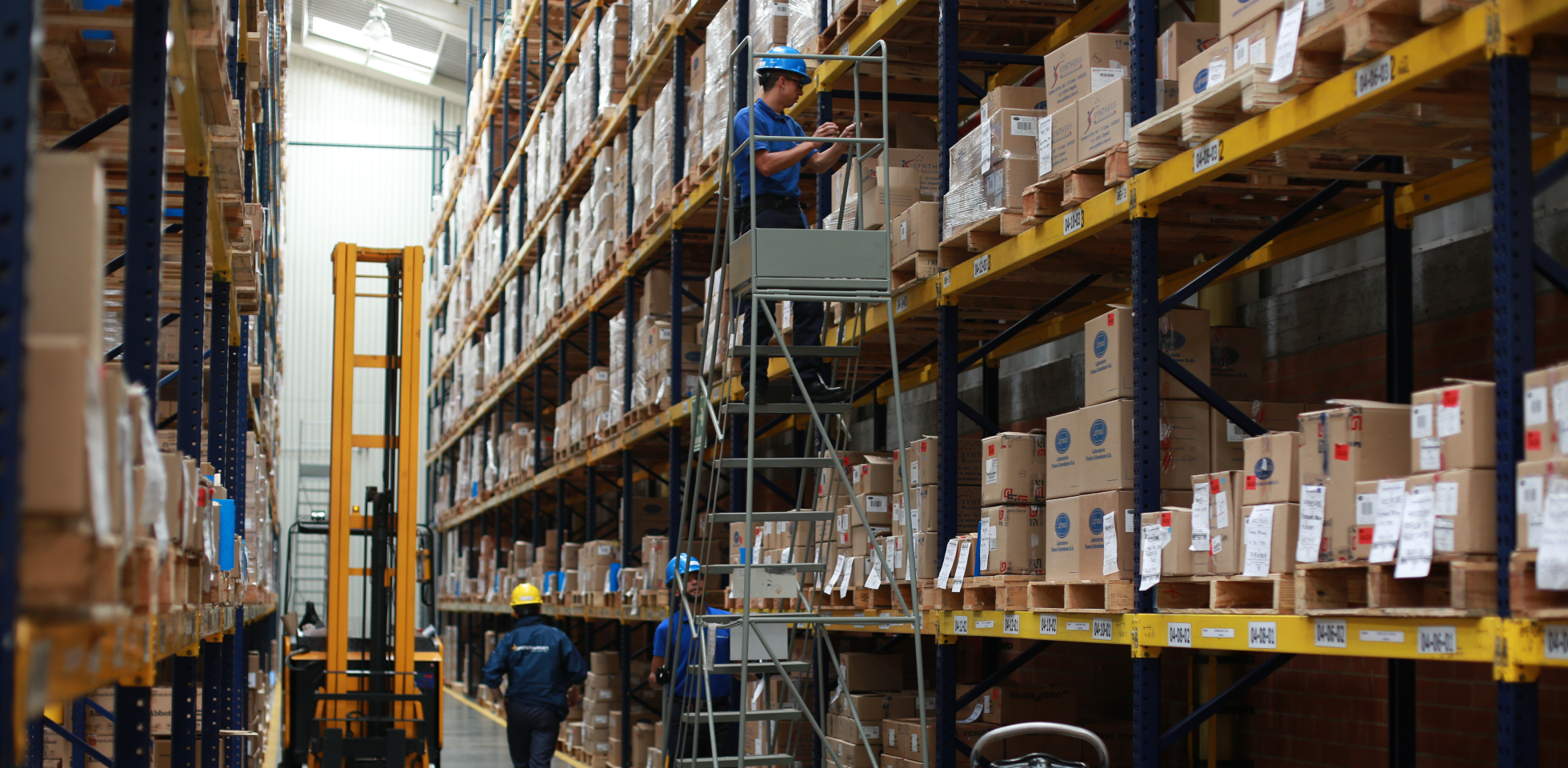In a constantly evolving business world, outsourcing services has become a key strategy for companies that want to generate a differential value and optimize their logistics operations. By relying on expert partners in logistics, organizations can reduce costs, improve service quality and increase their efficiency in delivering value. In this article, we will explore the benefits of outsourcing in logistics and how to follow a maturity path in this practice to boost the performance of a company.
Benefits of outsourcing in logistics
- Reduction of operational times and costs
Outsourcing logistics services allows companies to optimize their operations and reduce the times and costs associated with them. By relying on experts in logistics, organizations can efficiently leverage resources, implement advanced technology and access best practices in the sector. This translates into greater productivity and profitability in the long term.
- Access to markets without physical presence
To expand into new markets, companies can use logistics outsourcing as a way to access regions where they do not have a physical presence. By partnering with logistics operators that operate in different geographic areas, organizations can leverage their local expertise and distribution network to reach new customers efficiently.
- Improved merchandise safety
Logistics outsourcing involves trusting specialized partners that have the knowledge and capabilities necessary to ensure the security of the merchandise. These logistics operators implement rigorous security standards, from storage to transportation, minimizing the risks of loss, damage or theft of the products.
- Customized solutions
Each company has unique logistics needs, and outsourcing allows to tailor solutions to the specific requirements of each organization. Specialized logistics operators can design strategies tailored to their clients’ needs, offering personalized services that fit the demands and objectives of their clients.
- Improvement of service quality
By outsourcing logistics services, companies can benefit from the experience and specialized knowledge of the providers. These strategic partners are exclusively dedicated to logistics and have extensive experience in managing efficient operations and delivering quality service. This translates into a significant improvement in customer satisfaction and reputation of the company.
- Increase of efficiency and optimization of delivery time
Specialized logistics operators are highly focused on efficiency and optimization of delivery time. By outsourcing logistics services, companies can take advantage of the efficient processes, optimized inventory management and effective transportation strategies implemented by their partners. This allows to reduce transit times and meet delivery deadlines more consistently.
Model of Maturity Path in logistics outsourcing
To obtain the maximum benefits from logistics outsourcing and achieve a successful strategic alliance, it is important to follow a maturity path in this practice. Below, we will describe the key steps of this model:
- Knowledge: In this stage, it is essential to select an ally that meets the criteria and requirements important for the company. This includes considering the region where it operates, its experience in the sector, the solutions it offers and the industries it has worked with. This initial stage of research and selection is crucial to find the right logistics partner.
- Compatibility: Once a potential ally has been identified, it is necessary to evaluate compatibility. This involves establishing whether there is a good “fit” between both parties, that is, whether they share values, goals and have similar approaches. It is also important to verify if their platforms and processes are adaptable and can be integrated effectively.
- Start of a relationship: In this stage, both parties formalize their alliance and start working together. It is a period of adaptation in which mutual trust is established and a long-term vision is developed. During this stage, it is essential to build a solid foundation of communication, transparency and collaboration.
- Commitment and consolidation: As the relationship progresses, the bond of trust between companies is strengthened. In this stage, current businesses are developed, new opportunities are explored and joint growth is sought. Both parties demonstrate commitment and responsibility to achieve the common objectives established.
Key elements in the relationship with a logistics partner
In addition to following the Maturity Path model, there are some essential points that should underpin the relationship with a logistics partner:
- Communication: Constant and effective communication is essential for successful collaboration. Clear communication channels must be established and routines for information exchange must be set up to ensure smooth coordination in logistics operations.
- Alignment: It is essential to define common objectives and goals between both parties. This implies speaking in the same terms and working in tune to achieve the desired results. Strategic alignment allows for better decision making and more efficient execution of logistics operations.
- Accountability: Both parties must assume responsibility for results and be committed to achieving agreed objectives. It is important to maintain a high degree of commitment and accountability at all stages of collaboration.
- Transparency: Transparency is key to building and maintaining trust in the relationship. Both parties must have access to relevant information, be clear in their communications and act with honesty in all interactions.
- Congruence: It is essential that both parties comply with established agreements and are consistent in their actions. Congruence implies fulfilling promises, maintaining mutual trust and ensuring quality of service offered to customers.
Development of relationship
In addition to following key elements mentioned above, it is important to develop relationship with logistic partner over time. This involves implementing specific mechanisms to strengthen collaboration and maximize value generated. Some best practices are:
- Improvement initiatives: Conduct growth and joint training workshops to deepen knowledge of business and new technologies. This allows identifying opportunities for continuous improvement and optimizing logistics processes.
- Innovation: Encourage creativity and innovation in the relationship with the logistics partner. This involves constantly looking for new ways to address challenges, thinking outside the box and exploring innovative solutions that drive efficiency and profitability.
- Planning: Define priorities and strategic approaches together with the logistics partner. Establish a joint planning of logistics operations, aligned with the objectives of both parties, and advance collaboratively towards the achievement of common goals.
- Sharing challenges: Seek opportunities to generate value together. This involves addressing new situations collaboratively, identifying common challenges and making the necessary changes to stay at the forefront in a constantly evolving logistics environment.
Solistica, the right strategic partner
At Solistica, we understand the importance of caring for and strengthening our relationships with customers through improvement initiatives, innovation, strategic planning and sharing the challenges of the sector. Our logistics model is based on flexibility and the use of cutting-edge technology, which allows us to integrate efficiently with our customers and offer continuous improvements in our operations.
We ensure our customers at the center of our organization, focusing on operational effectiveness, quality, operational management, safety, health and environment. We have highly specialized human talent in each region and sector where we operate, which allows us to offer structured solutions adapted to the specific needs of our customers.
We build solid relationships based on mutual trust, and we strive to be the strategic logistics partner of Latin America. We are committed to providing consistency in our service and growing together with our customers, driving their success through quality logistics solutions and long-term strategic collaboration.
Outsourcing logistics services offers a wide range of benefits for companies, from reducing operational costs to improving efficiency and optimizing delivery time. By following a maturity path in outsourcing and establishing a solid relationship with a reliable logistics partner, organizations can maximize benefits and achieve desired efficiency and profitability.






